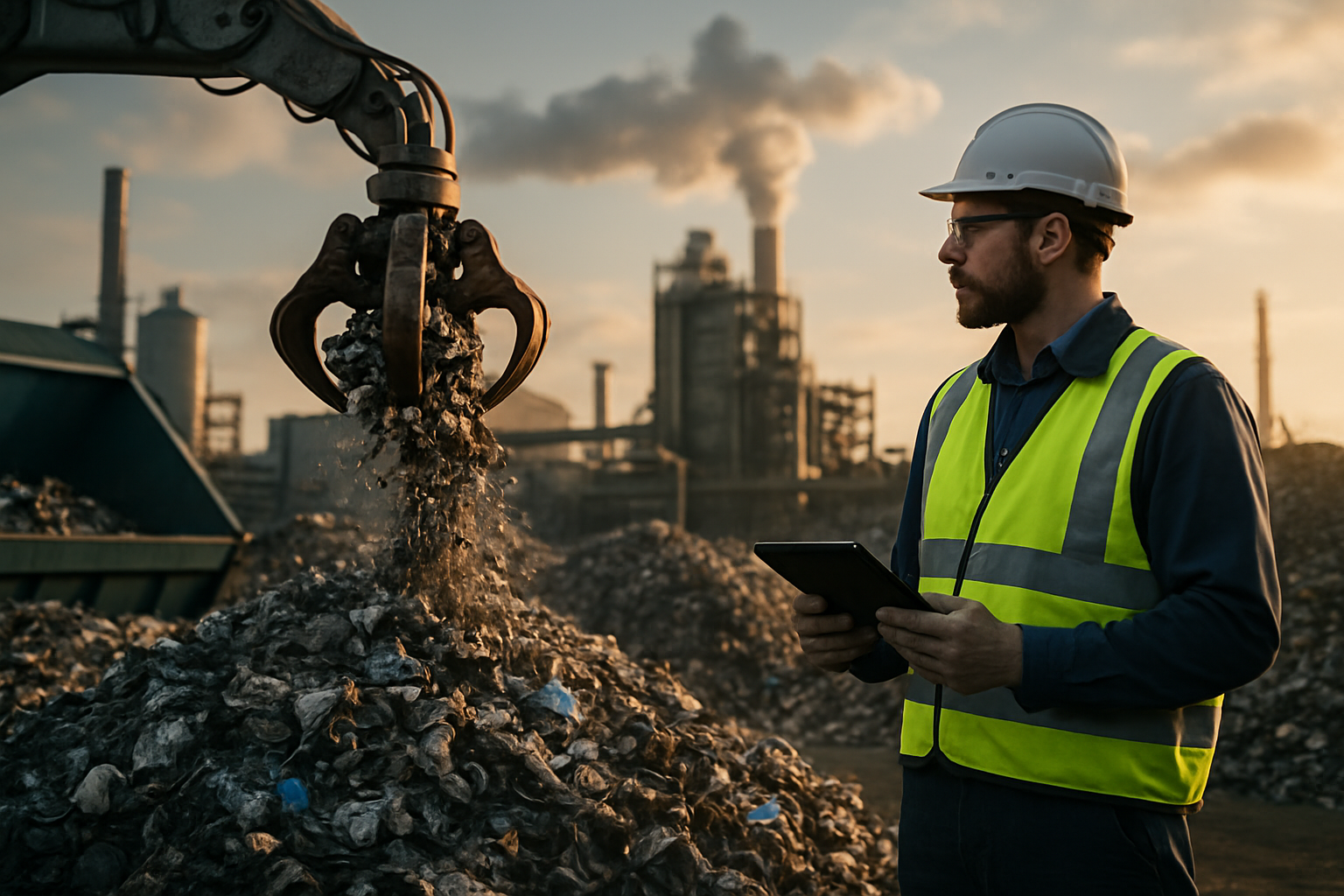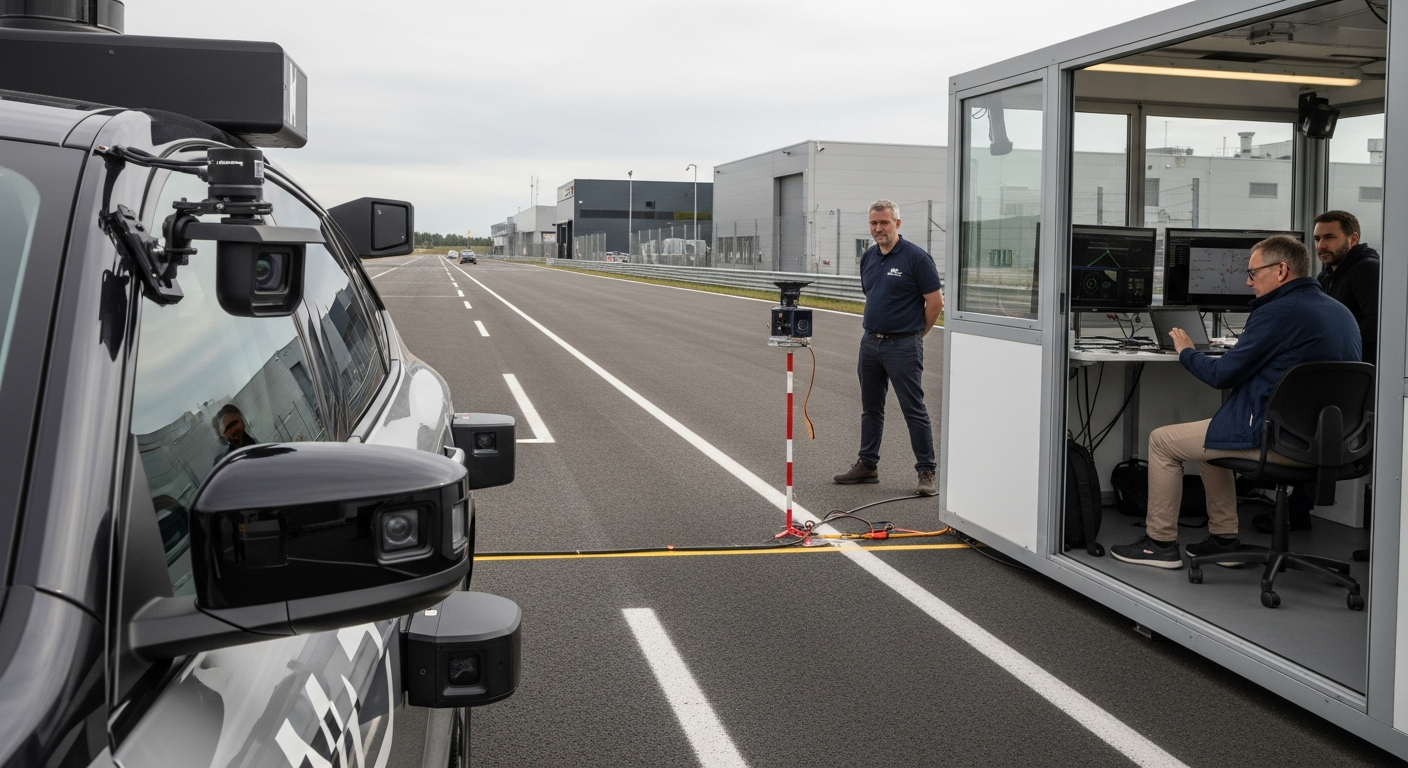"Shaping the Future: Innovative Approaches to Industrial Waste Management"
Introduction: Industrial waste management is an essential yet challenging aspect of business operations. As the world seeks to become more eco-friendly, businesses are under increasing pressure to manage their waste more efficiently and sustainably. This article delves into the innovative approaches being adopted within the industrial sector to tackle waste management, shedding light on their impacts, benefits, and challenges.

Delving into the Past: A Historical Overview of Industrial Waste Management
Industrial waste management has evolved significantly over the years. In the early days of industrialization, factories often disposed of waste indiscriminately, leading to significant environmental and health issues. Over time, industries began to recognize the detrimental effects of improper waste disposal and started exploring safer, more effective waste management methods. Today, as environmental sustainability becomes a global priority, businesses are required to adhere to strict regulations concerning waste disposal, prompting the development of innovative waste management solutions.
Unfolding Trends: Zero-Waste Manufacturing and Industrial Symbiosis
Zero-waste manufacturing is a concept that aims to eliminate waste through careful planning, efficient use of resources, and recycling. This approach not only reduces operational costs but also helps companies meet environmental sustainability targets.
Another emerging trend is the concept of industrial symbiosis, where waste from one industry is used as a resource in another. This approach promotes the efficient use of resources, reduces waste, and fosters collaboration among industries.
Evaluating Impacts: The Benefits and Challenges of Innovative Waste Management Strategies
Adopting innovative waste management strategies can bring about a myriad of benefits. For one, businesses can save on disposal costs and potentially generate revenue from selling waste as a resource. These strategies can also enhance a company’s reputation as an environmentally responsible entity, a factor that is increasingly important to consumers and investors.
However, implementing these innovative strategies is not without challenges. It requires significant investment, extensive planning, and a shift in mindset. Additionally, regulatory hurdles can also pose challenges, as waste regulations vary from region to region.
Research-backed Insights: The Future of Industrial Waste Management
Research suggests that the future of industrial waste management lies in the adoption of circular economy principles. The circular economy model emphasizes the importance of keeping resources in use for as long as possible. In the context of waste management, this means designing waste out of the system and turning waste into a resource.
Practical Insights: Making the Transition
-
Start small: Begin by identifying a single area of waste generation and explore ways to reduce, reuse, or recycle.
-
Collaborate: Consider partnerships with other businesses to exchange waste resources.
-
Invest in technology: Advanced technologies can help businesses manage waste more efficiently.
-
Educate employees: Ensure your team understands the importance of waste management and their roles in implementing strategies.
In conclusion, the future of industrial waste management is promising, driven by innovative approaches like zero-waste manufacturing and industrial symbiosis. While transitioning to these new strategies presents challenges, the benefits to both the business and the environment are substantial. As we move towards a more sustainable future, businesses that successfully manage their waste will not only reap economic benefits but also contribute to environmental preservation.






